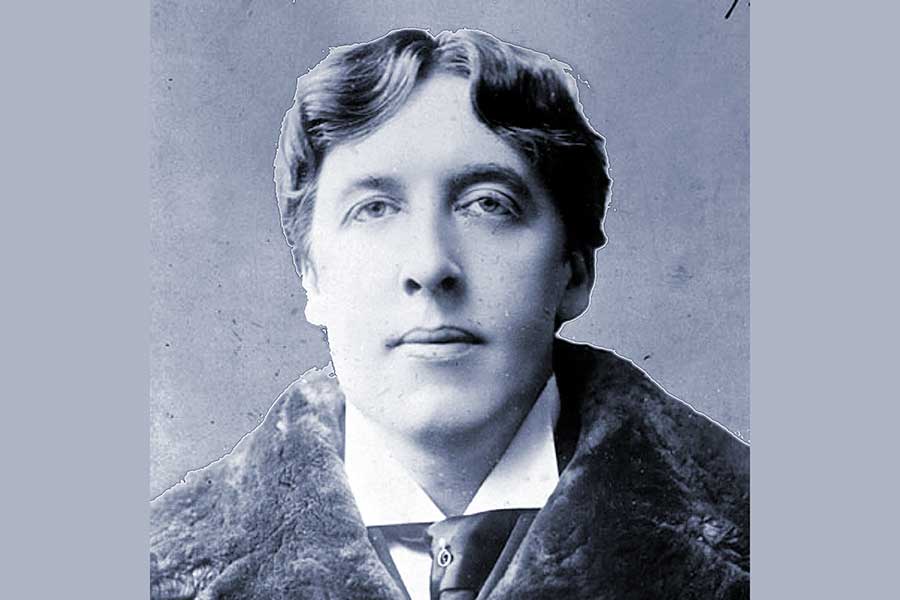For thousands of years, writing has been a branch of artistic self-expression that allowed those who were often considered peculiar to find an alternate sense of belonging outside of the rigid norms of society. Writers who were part of the LGBT community were forced to live a life of secrecy behind their pen and paper. Writers like Oscar Wilde, Tennessee Williams, Alice Walker, Poppy Z. Brite and Christopher Isherwood used their words to ignite a revolution with language, some using poetry to purposely break the structural norms of literature in a rebellious manner. Authors often hid the true themes of romantic poetry and writing behind unspecific pronouns, masking the truth within the stories of their true hidden lovers.
Inclusion begins with words
Why would one feel the need to ignite a revolution with words? Broad education from an early age helps children better find where they belong, whether it be in relation to a character who lost their parents or a character who has two mothers. Inclusion in literature is only the beginning for educating future generations in love and tolerance. Values learned at a young age are instilled for a lifetime and never forgotten. As children grow into adults, they take the values learned and apply them to their own lives.
Personally, reading Wilde and Isherwood was the beginning of a revelation in life that I was never expecting. From a young age, I fretted daily; thoughts passing through my head exclaiming like a flashy road construction sign in the distance. When picturing my future, I envisioned a flawless library wedding: My future husband with coarse, whiskered cheeks and hair graced with a sheening slick. The fantasy future became fuzzier and only returned as wisps as I grew older and reignited them by discovering authors with similar visions to my own.
I found myself nose-deep in a palm-sized, purple-tattered hardback and every time I blinked a flash of my past vision returned. Wilde’s lesser-known poem, “Wasted Days,” scrawled across the milky page described a similar fantasy to mine. Discovering not only characters but authors that I strongly related to gave me the liberty to live my life as myself and allowed the bravery that aided me in my unwavering confidence to come out. My journey into LGBT literature unraveled from this point on, as finding one author led to a slew of others. Reading became a vessel through which I could embody who I am.
An author’s bravery lives on
Wilde was an Irish-born playwright and poet known for his extraordinarily flamboyant fashion and flowery speech in Victorian England. This way of life was often frowned upon by men, and eventually Wilde’s manners and style were deemed under a new label of that time, “dandy” or “beau.” Wilde was a popular playwright, often doing very well in making a living from his work. He was fortunate to live a life of luxury, later meeting Lord Alfred Douglas, or as Wilde called him, Bosie. Wilde and Douglas lived in secrecy, attempting to keep a strong distance from Bosie’s father, who knew about his love for the other poet and often threatened to harm his son due to his relationship. Eventually by the hand of Douglas’ father, Wilde was taken to court over homosexuality being outlawed in England. He lost the case due to his homoerotic writing themes in “Dorian Gray.” His own writings, though he thought them secretive enough, landed him in prison, and he passed away shortly after his release.
Bonding with books
Though the love of Wilde and Bosie may seem outdated and extreme, many LGBT youth face difficulties of the same level or possibly even worse. LGBT youth like myself can feel lost or out of place in society without seeing representation within film, magazines or books, which creates a sense of isolation. A nonfiction or fiction story that one relates to can offer youth a temporary home that will remain in their minds for years to come, and hopefully be passed down to others who need it.
Maxwell Saurman, 17, is a senior at Archbishop Ryan High School and enjoys studying medicine, art and reading.

